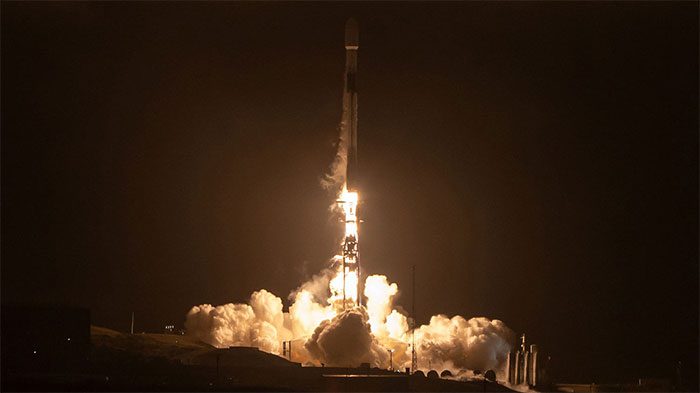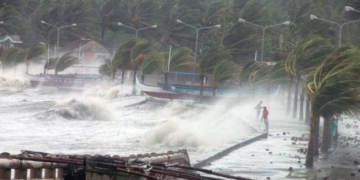The Falcon 9 rocket from SpaceX successfully launched the Taifa-1 Earth observation satellite into orbit from Vandenberg Space Force Base, California, at 1:48 PM on April 15.
The Taifa-1 satellite separated from the rocket approximately one hour and four minutes after launch. “Taifa-1 has been confirmed to have separated,” SpaceX announced during the live broadcast. Before the successful launch, the mission had been delayed three times due to adverse weather conditions.
Developed by nine engineers from Kenya, Taifa-1 will collect data related to agriculture and the environment, including information on floods, droughts, and wildfires. Authorities plan to use this data to manage natural disasters and address food security challenges.
“We face challenges posed by climate change. The new satellite, with its imaging capabilities, can help us monitor. We can track changes in forests and urbanization processes,” said Alloyce Were, an aerospace engineer and deputy director of the Navigation and Positioning Office at the Kenya Space Agency.

Authorities plan to use data from this satellite for disaster management.
Data from the satellite is expected to be transmitted in the coming months, and the Kenya Space Agency has formed a team of experts for analysis. The information will be distributed free of charge to government agencies and at a reasonable fee to private companies.
According to the Kenya Space Agency, Taifa-1 was assembled with the support of Endurosat (Bulgaria) at a cost of $372,000 over two years. The satellite is expected to operate for approximately five years, after which it will gradually lower its orbit over 20 years before re-entering the atmosphere and burning up.
Many Kenyans were excited to watch the launch online, with some describing Taifa-1’s entry into orbit as a moment of national pride. Previously, the country launched a test nano-satellite from the International Space Station (ISS) in 2018. As of the end of 2022, a total of 52 satellites had been launched by 14 African nations.
- The most magnificent volcanoes in the world, with Vietnam also contributing to the list
- Shocking evidence “falling” to the US: Lightning strikes a young planet, life emerges?
- The smallest bicycle in the world: Fits in the palm of your hand but “can be ridden every day,” supports a weight of up to 100kg


















































